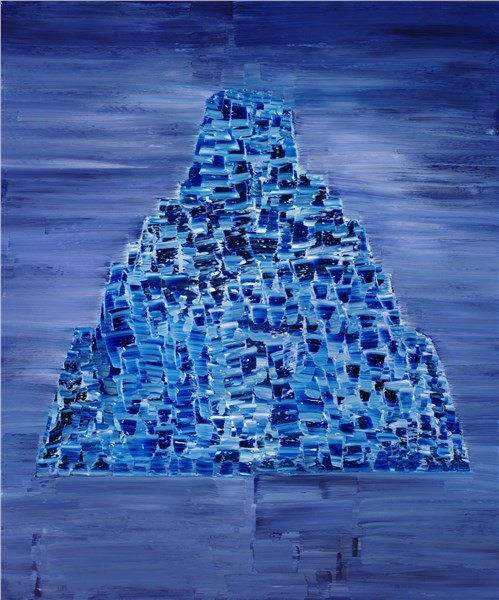Dubai,
No. I-87, Alserkal Avenue, PO Box 413991 Al Quoz 1, Dubai, UAE
18 November 2019 - 8 March 2020
Exhibiting in the UAE for the first time since 2013, Leila Heller is proud to present a semi-retrospective of Persian-American artist Reza Derakshani in “EMANATIONS,” including works from the artist's personal collection, the Hunting Series, and Garden Party Series. In his paintings, Derakshani recalls forgotten tales and symbols of Iran’s cultural heritage, at a time where traditions and practices are under threat and often outlawed. Through a rich iconography drawing from medieval Persian poetry, classical literature, miniature painting, and sacred architectural sites laden with meaning, Derakshani’s work celebrates both ornamentation and color fields, as the artist finds a space for figural representation in abstract aesthetics.
“EMANATIONS” marks Derakshani’s recent return from Russia after his retrospective at the State Russian Museum in St Petersburg, and immersion into the country’s visual landscape. With Russian culture and literature heavily incorporated into his early education, Reza Derakshani’s return is twofold, as the artist notes the parallels between Iran and Russia’s ornate and metaphorically heavy classical cultural backgrounds.
In the Hunting Series, Derakshani recalls ancient Persian manuscript paintings that depict the authoritative hunting scenes of the Royal Court. Decontextualized, and removed from intended prey or targets, the manipulated figures transcend narratives of power, hunting indefinitely as they blur into canvas and fade from memory. In the Garden Party series, Derakshani interprets traditional metaphors for heaven and the afterlife, where families communally gather and feast under tents in vivid and idyllic gardens.
Magic realism appear in the Derakshani’s work, as subtle manifestations of nostalgic and ambivalent reactions to exile and alienation. Growing up in Sangsar, in a nomadic family in the Iranian mountains, the artist was enveloped in folklore and the natural world from a young age that strongly imprinted his conscience.
As an arts student of University of Tehran in the 1970s, he was able to access modern masterworks in the Tehran Museum of Contemporary Art. Now removed, works by masters of abstraction such as Francis Bacon, Willem de Kooning and Jackson Pollock greatly informed Derakshani’s practice. Moving to California to continue his studies at the Pasadena School of Art, Derakshani returned to Iran to teach at the University of Tehran, only to leave again in 1983.
Inserting subjectivity through expressive brushstrokes, while gracefully interweaving strong colors, textures, and luxurious metal paints, Derakshani’s paintings often mimic poetry and music. For the artist, painting is a spiritual process that allows for a return to physicality and beauty, in a rejection of the irony that often permeates contemporary painting.
